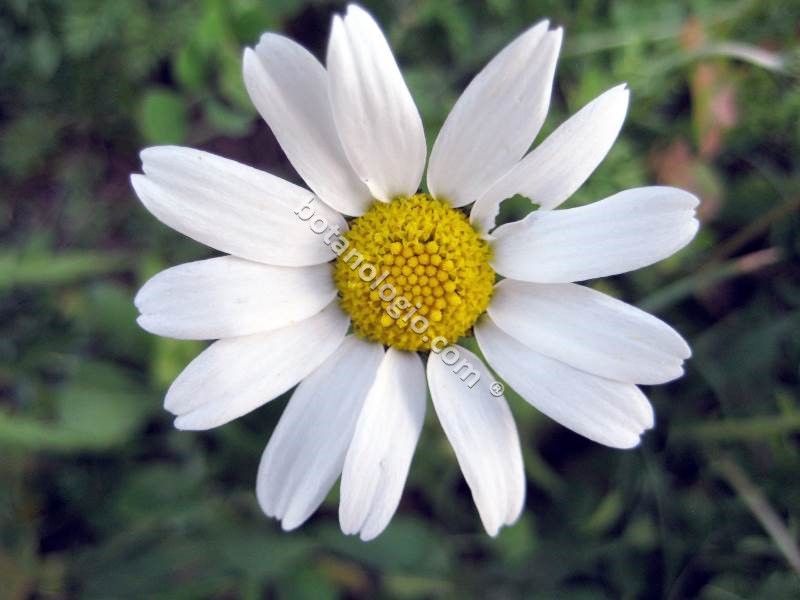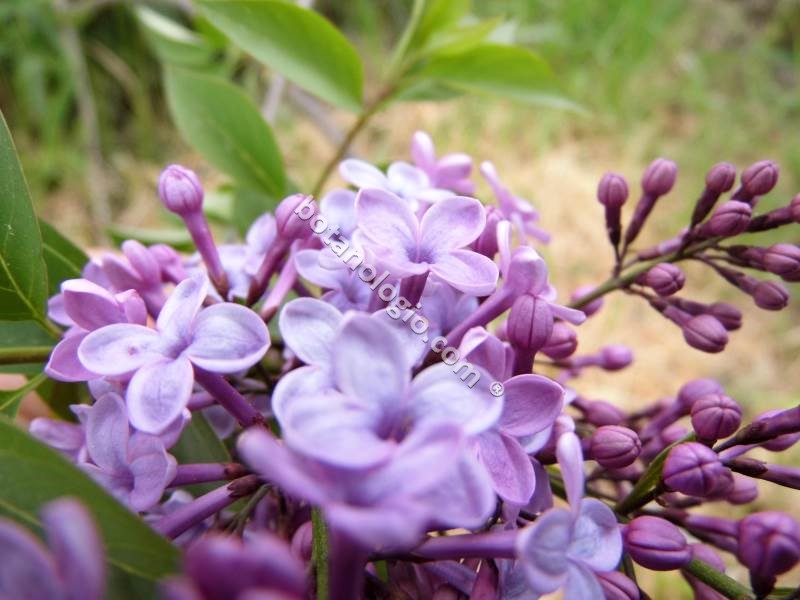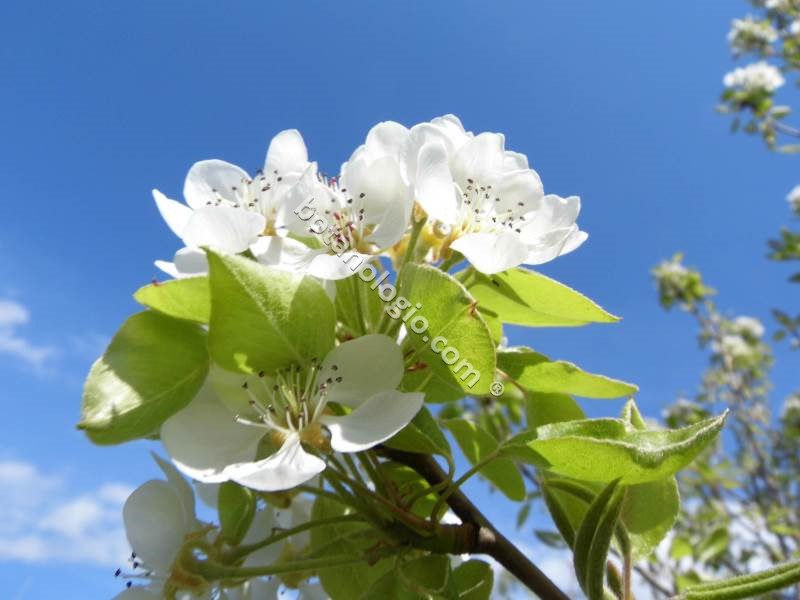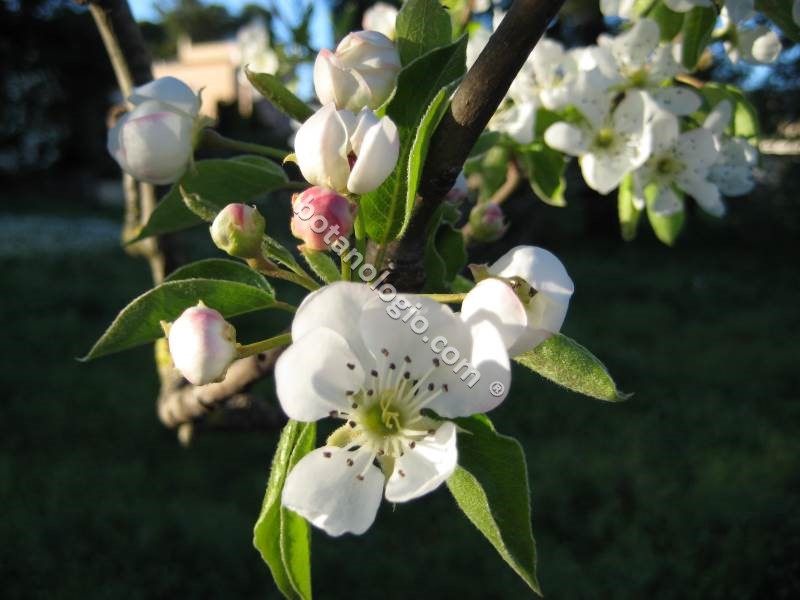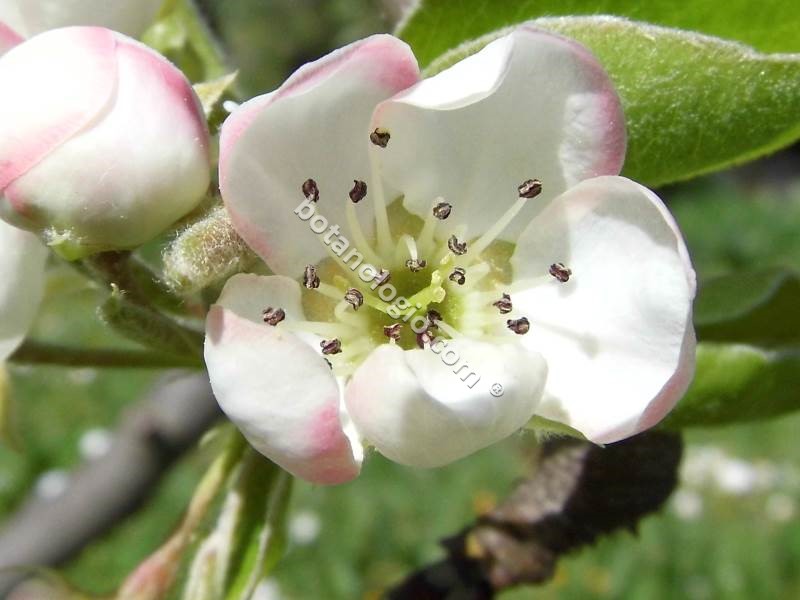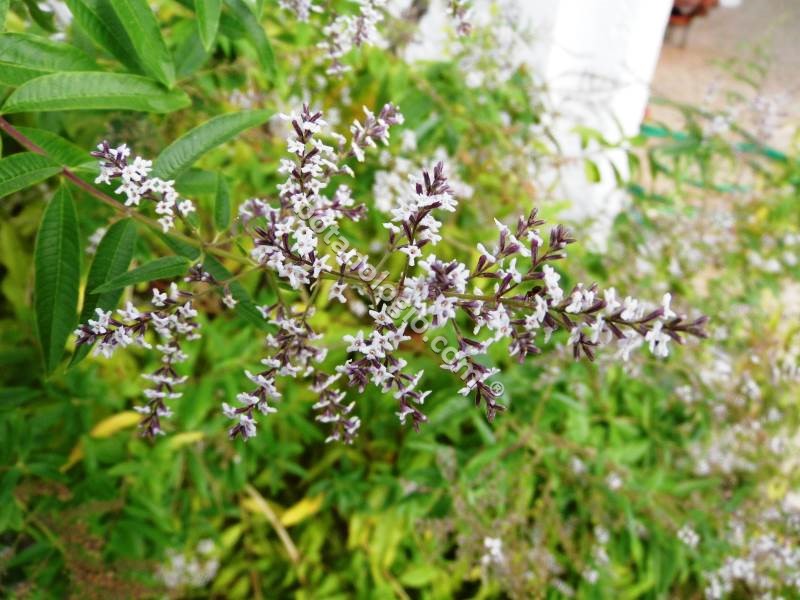What is epilobium (fireweed) and where will you find it

Epilobium is an herb whose therapeutic value was not recognized until the beginning of the 20th century when it proved to be effective in treating the prostate.
The most common form of therapeutic use is the infusion, as it releases all its beneficial effects. Its consumption, however, is known for its addition to salads and soups.
It is a special herb, perennial with rhizome that creates large colonies and exceeds 1 meter in height while it can reach 3 meters. Characteristic are the shoots with alternating lanceolate leaves and flowers that start from the base of the stem to reach the end of flowering at the top. The flowers are purple-pink depending on the species, they are large and have 4 petals, reminiscent of evening primrose as it is a plant from the same family.
It prefers mountainous areas with wet weather followed by intense sunshine. It is often the first plant you will encounter in burned or deforested areas, and is found along roadsides and forest edges.
Flowering and collection
Flowering lasts from June to September, depending on the climate it can reach November. The bloom at the top of the stem is considered to mark the coming of winter. The fruits are elongated and open to release hundreds of seeds. Each seed has a pappus (a group of fine hairs) that helps it fly easily, so each year you find epilobium in different locations.
Useful in all stages of its development, the epilobium gives us the leaves for infusions and the young shoots for salads and boiled vegetables. The young leaves can be eaten like spinach, while the buds are added to salads. The rhizome is harvested in autumn for poultices and leaves during the flowering period for tea.
The root of the epilobium contains tannin, starch and resin, while the shoots are a nutritious source of vitamin C, flavonoids and β-carotene (provitamin A). The use is ideal as an infusion and as a tincture.
Read more about the healing properties of epilobium and the cosmetic uses of epilobium!
collection of herbs, epilobium, herb, herbs for prostate, herbs nutritional value
